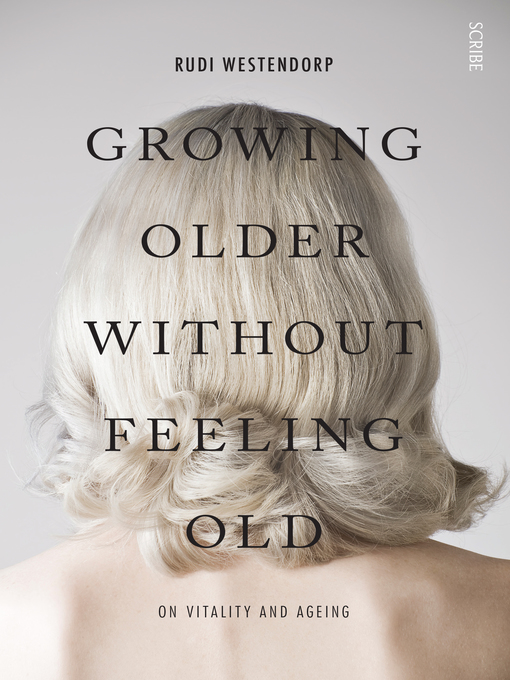The past century has witnessed a revolution.
Less than a hundred years ago, the average Western life expectancy was 40; now it is 80. And there is no end in sight: the first person who will reach 135 has already been born. It's the most radical change in our society since industrialisation, and naturally it raises many questions.
What do longer life spans mean for the way we organise our societies? How can people best prepare themselves for living considerably longer? Does it help to eat less, or to take hormones, vitamins, or minerals? And what can we learn from old people who remain full of vitality, despite illness and infirmity?
Growing Older without Feeling Old is the definitive book on a key issue for the 21st century, written by one of the world's leading experts in geriatric medicine. Combining medical, biological, economic, and sociological insights, Rudi Westendorp explores the causes of the ageing revolution and explains how we can greet it with confidence and enjoy leading longer, healthier, and more productive lives than ever before.
PRAISE FOR RUDI WESTENDORP
'Eminently reasonable. At a time when too much of what is written about the elderly is depressingly downbeat, dwelling only on decline and dementia, Westendorp's book provides a valuable and cheering alternative.' The Daily Mail
'[T]he message that we each hold the reins to success in life's third trimester is a refreshing tonic in a world awash with quack rejuvenants.' The Sydney Morning Herald

